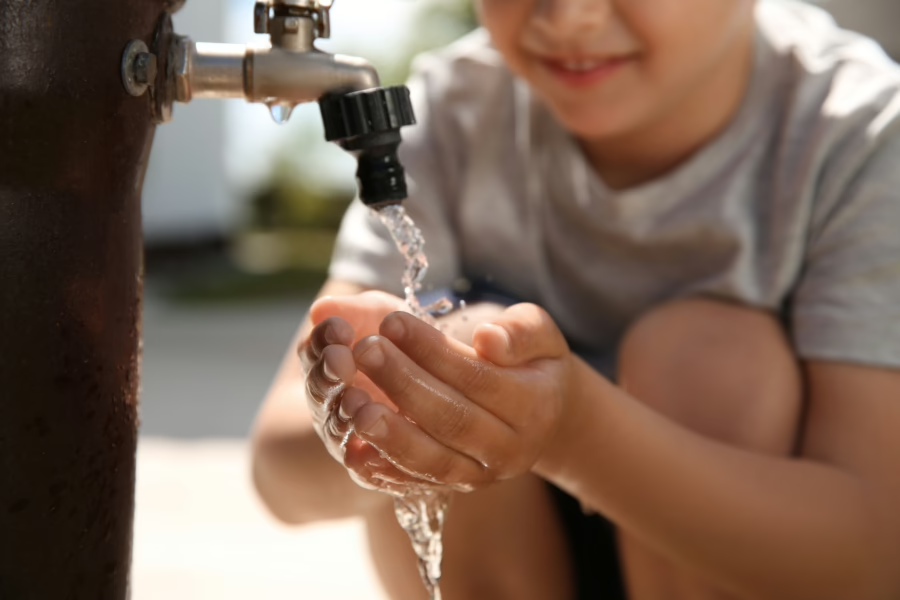I recently had the opportunity to hear President Barack Obama speak at the City Club in Cleveland. His remarks covered a range of critical issues facing the nation—the federal budget, growing the middle-class, expanding manufacturing opportunities, and more. I was pleased that infrastructure and environmental regulation both made it into the President’s comments as he welcomed questions from the audience after his speech.
“What has surprised me,” said President Obama, when asked what has surprised him most since beginning his first term, “even though I had served in the Senate, was the continued difficulties in Congress getting stuff done that shouldn’t be controversial.” He continued: “There are some issues that I knew would be controversial. I mean, we know that if there’s a debate in Congress about abortion, that’s going to be controversial. There are strong-held views on each side. They’re hard to reconcile. We understand that. And that’s part of democracy and it never gets perfectly resolved.”
“But I have been pushing for us to fund infrastructure since I came into office, because we’ve got $2 trillion worth of dilapidated roads, bridges, sewer lines, and then there’s a whole new infrastructure that we have to build in terms of a smart grid that’s more secure and reliable in terms of how we use energy and making it more efficient. There are broadband lines that still need to be going out into every part of the country.”
In an unrelated question from a Hawken School student, President Obama reflected on the Cuyahoga River fire of 1969, the result of years of environmental neglect and the spark of an environmental and regulatory movement that has vastly improved water quality.
“I think the problem right now is that we live in such a complicated, big, global society that what might be a sensible theory on paper doesn’t always make sense in real life. So you may generally think, as I do, that the market is the greatest source of productivity and job creation and wealth creation and history, but our history tells us that if there’s a company that’s out there making a lot of money but also pouring a bunch of pollution into the water, and it catches on fire—and suddenly people can’t fish there anymore, and people are getting sick, that it makes sense for us to have some regulations that say, you know what, you can make your products, you can make a profit, that’s great, but you’re kind of messing things up and so we’re going to say you can’t just dump your pollution in the water.”
While some may think these are throw-away unscripted comments, they speak to two important issues that are at the heart of what we do at the Northeast Ohio Regional Sewer District.
First is the importance of sound investments in infrastructure. In 2015 alone, the Sewer District is investing more than $260 million in our sewer infrastructure—and it’s generating real economic and environmental benefits. For example, the Sewer District is addressing the issue of combined sewer overflows through Project Clean Lake, a program which includes enhancements to wastewater treatment plants as well as tunnel, sewer and green infrastructure construction. By 2035, the Sewer District will have invested $3 billion in Project Clean Lake, reducing the annual volume of combined sewer overflows by 4 billion gallons. Whether they be long-term investments that span decades of construction, or day-to-day decisions by our employees that help us leave a positive mark on the environment, we must be mindful stewards of the resources we manage.
Secondly, we must appreciate our history and value its lessons as we advance. We here in Cleveland have a history all our own: Any reference to a burning river makes people think Cleveland. But look at where we are today: We hear the President himself addressing our city from a renowned facility like the Global Center for Health Innovation, one year away from the arrival of the Republican National Convention, in a city on the rise and moving forward.
Hard work can bring about change. Lake Erie is proof of that, and it requires hard work and ongoing investment to keep it great.


